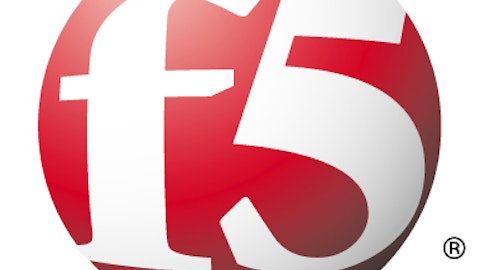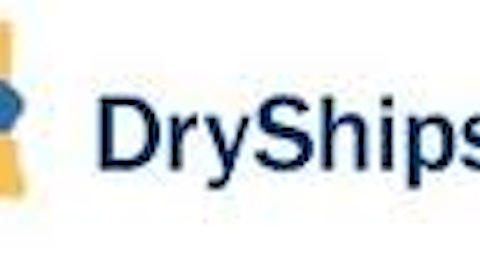
Banking in Greece
Like most European nations, Greece has a few large banks and numerous other smaller banks that make up the banking industry. The problem for Greek banks, however, is that much of the value of their assets eroded out from under them. Due to their location, Greek banks saw it necessary to invest in government securities. Not too bad for banks in a nation with a strong credit rating, but these banks were buying up Greek debt.
As the crisis has hit Greece, the nation has forced creditors to take massive haircuts on their sovereign debt holdings. Along with a slumping economy and collapsing real estate market, Greek banks saw much of their previously “safe” assets collapse in value. Now I don’t have to tell you this is bad for shares of Greek banks. Shares of National Bank of Greece (ADR) (NYSE:NBG) closed at $0.72 on Apr. 17 after trading for a split adjusted $60 plus per share at their highs back in 2007. Holders of NBG preferred stock (which has suspended its non-cumulative dividend) have not fared well either seeing their $25 face shares fall to $8.20 at the close on Apr. 17.
The bank has seen massive losses from the crippling effects of the debt crisis, both directly on the bank’s sovereign debt holdings and on the recession it has caused in the nation as a whole. As a result, the bank will now be forced to recapitalize by raising private funds or the EU will step in to make up the difference. While a recapitalization will almost certainly be dilutive to common stockholders, preferred stockholders could get burned in the deal as well. During the recapitalization of the Irish banks, Allied Irish Banks junior holders were forced to take significant haircuts of well over 50% of what they were owed. Speculation surrounding the same events happening to National Bank of Greece (ADR) (NYSE:NBG) investors has helped to keep preferred shares at around a third of their liquidation value.
At this point, National Bank of Greece (ADR) (NYSE:NBG) investments should be considered highly speculative due to both economic risks and political risks stemming from the ongoing Greek debt crisis. While shares could see significant upside should the bank regain its footing with a broader recovery of the Greek economy, the recapitalization is likely to take effect in the meantime potentially reducing the value all National Bank of Greece (ADR) (NYSE:NBG) investments, common or preferred.
Moving by water
As the Greek financial system is experiencing a massive wave of uncertainty, another Greek company is having difficulties of its own not directly fueled by its homeland’s payment problems. Greek water transport shipper, DryShips Inc. (NASDAQ:DRYS) has seen its own shares get hit about as hard as National Bank of Greece (ADR) (NYSE:NBG)’s shares. After consistently trading above $50 per share and occasionally passing the $100 level, shares of DryShips closed at $1.77 on Apr. 17.
A slowdown in the global economy has negatively impacted company earnings and a glut of ships on the market has driven the value of ships down and the Baltic Dry Index down as well. Once a profitable company, DryShips Inc. (NASDAQ:DRYS) has been posting losses for the past few years as it tries to recover in the face of the economic downturn.

